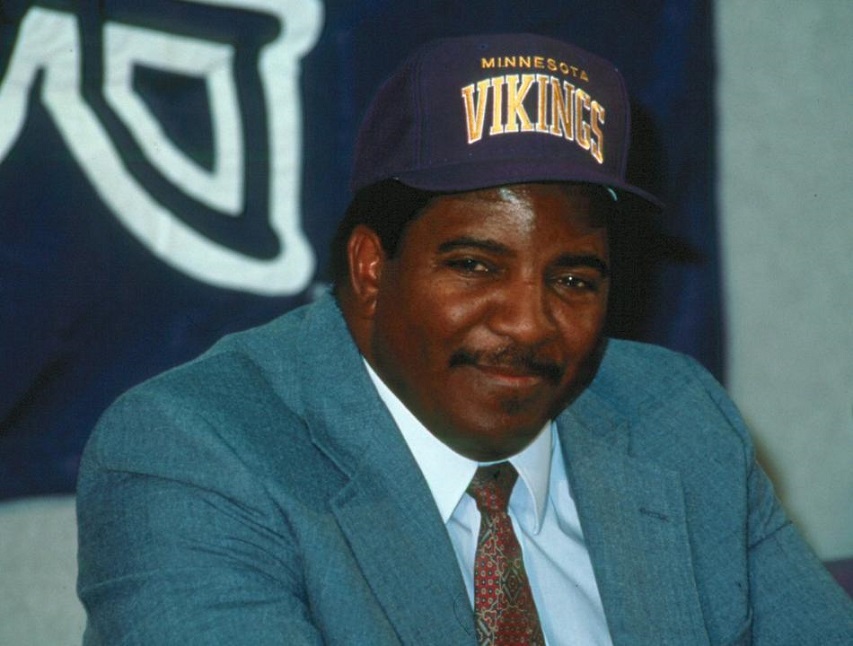 Yesterday’s grand opening of the Minnesota Vikings’ new stadium in Minneapolis was unfortunately also when the news came in that former head coach Dennis Green had passed away that morning.
Yesterday’s grand opening of the Minnesota Vikings’ new stadium in Minneapolis was unfortunately also when the news came in that former head coach Dennis Green had passed away that morning.

Former Vikings head coach Dennis Green (photo from the team website)
Many former players, including Randy Moss, Hall of Fame Head Coach Bud Grant and Vikings Head Coach Mike Zimmer shared their respects for Green.
Green became the third African-American head coach in NFL history and the second in the modern era when he was hired by the Minnesota Vikings on Jan. 10, 1992. A decade earlier, Green became the second African-American head coach in NCAA Division I-A at Northwestern in 1981.
When Vikings.com interviewed Green for the “Celebrate Perseverance” Black History Month content series that launched in February 2015, he spoke about the appreciation he had for being “born at the right time.” He said he witnessed a period of substantial change that allowed him greater opportunities than generations before him were able to enjoy. He wanted to do well so that others would be extended opportunities.
“My generation laid a certain foundation,” Green said, “It’s up to the next generation to be able to recognize that really, it’s all about equal access and equal opportunity and all of us operating on the same and playing on the same earth.”

 Click to read full obituary at the Lee Valley website
Click to read full obituary at the Lee Valley website


